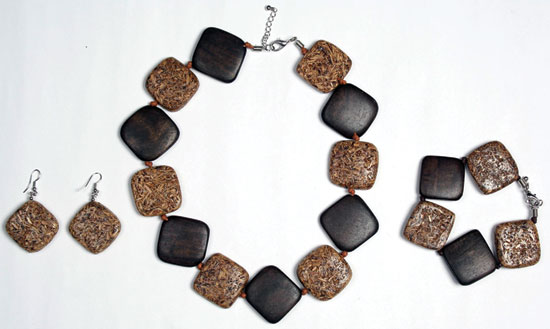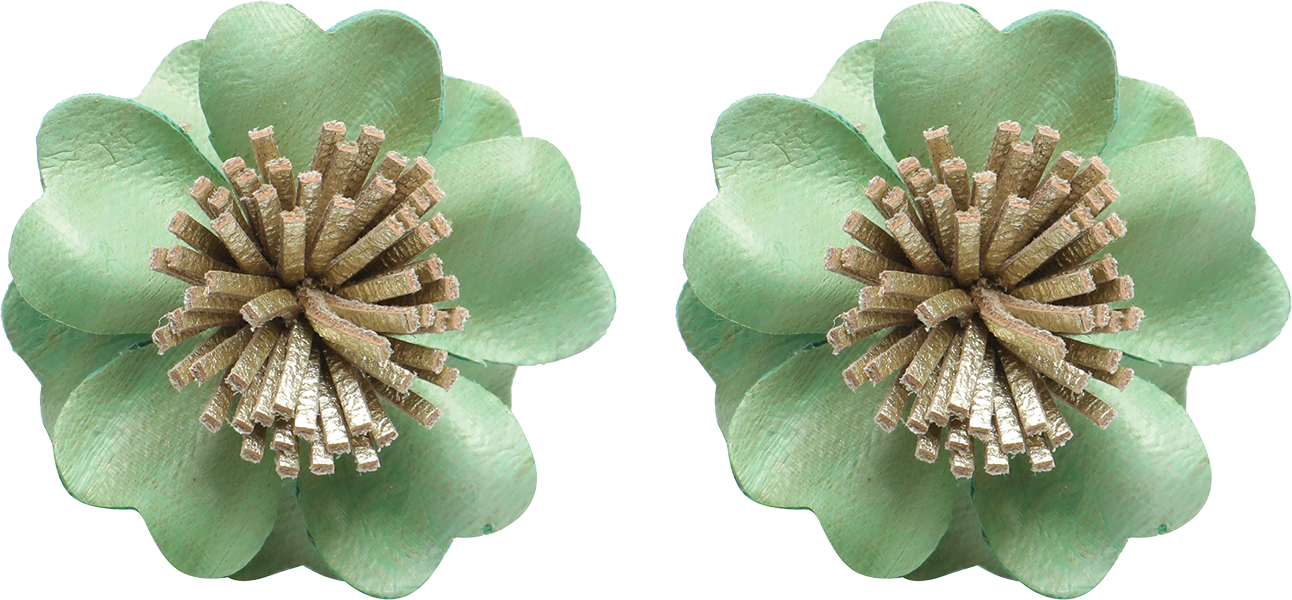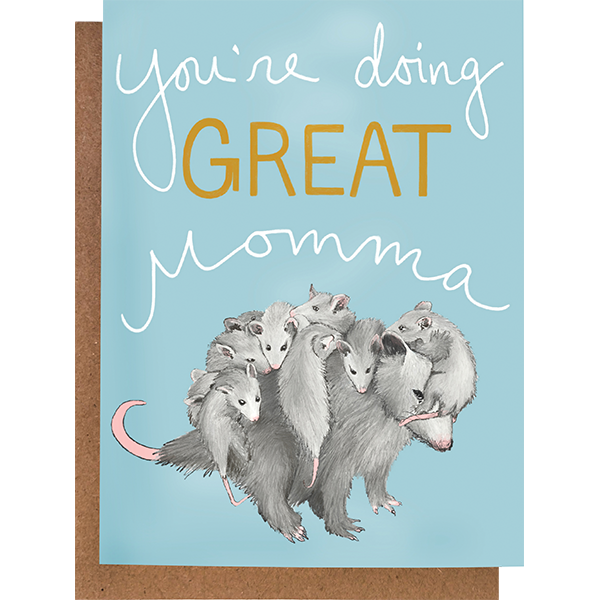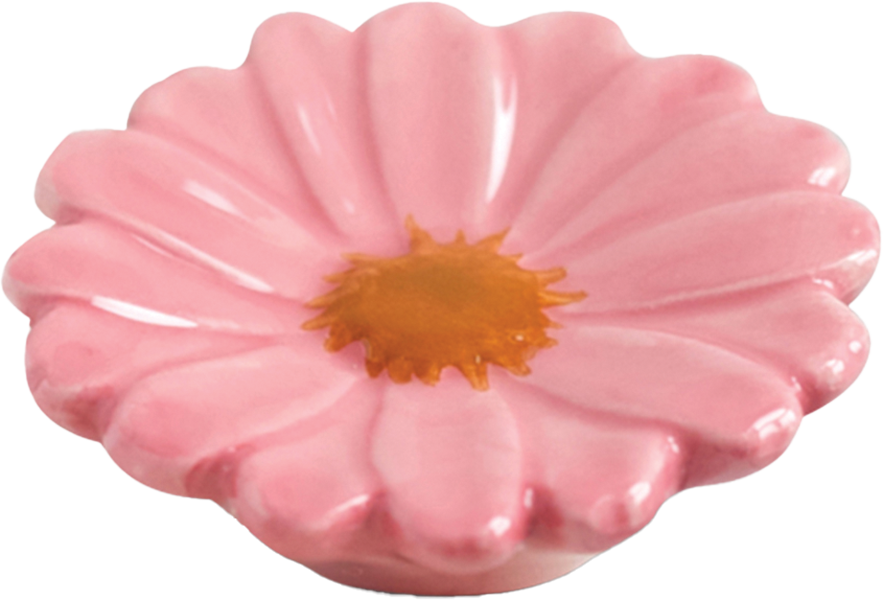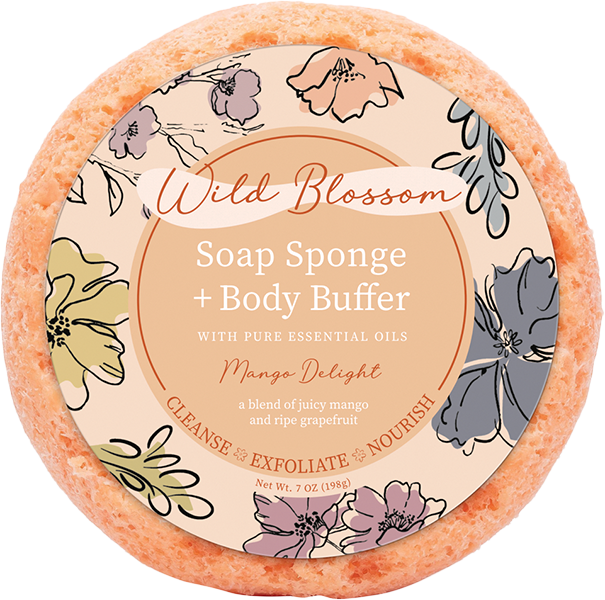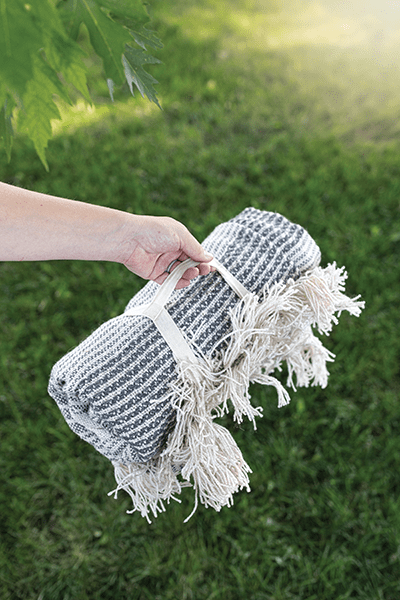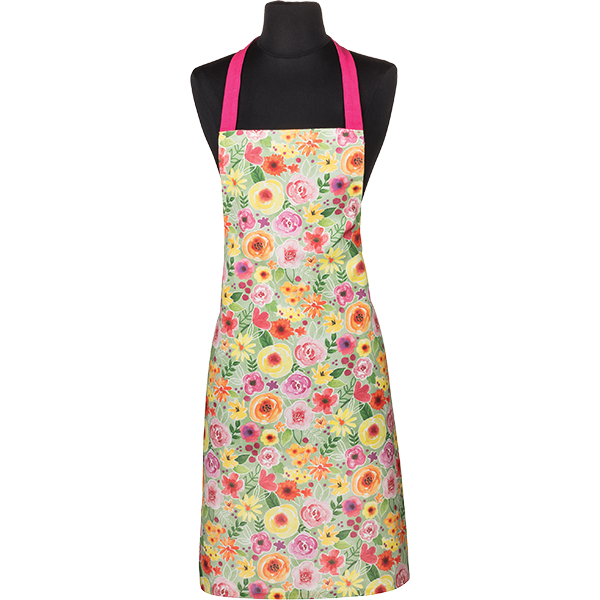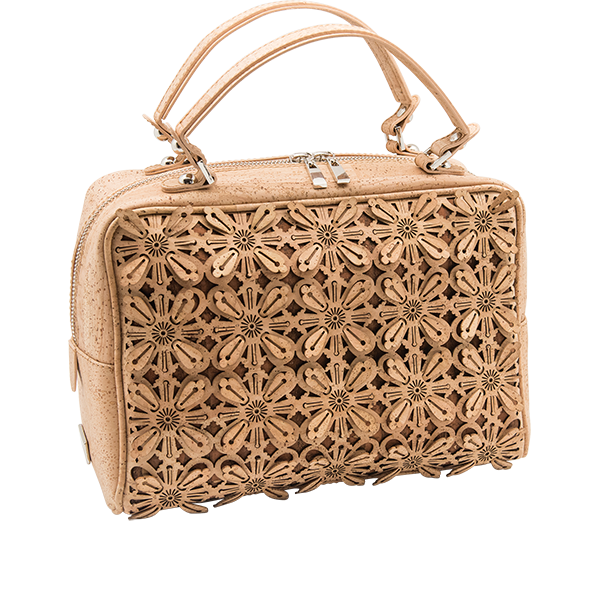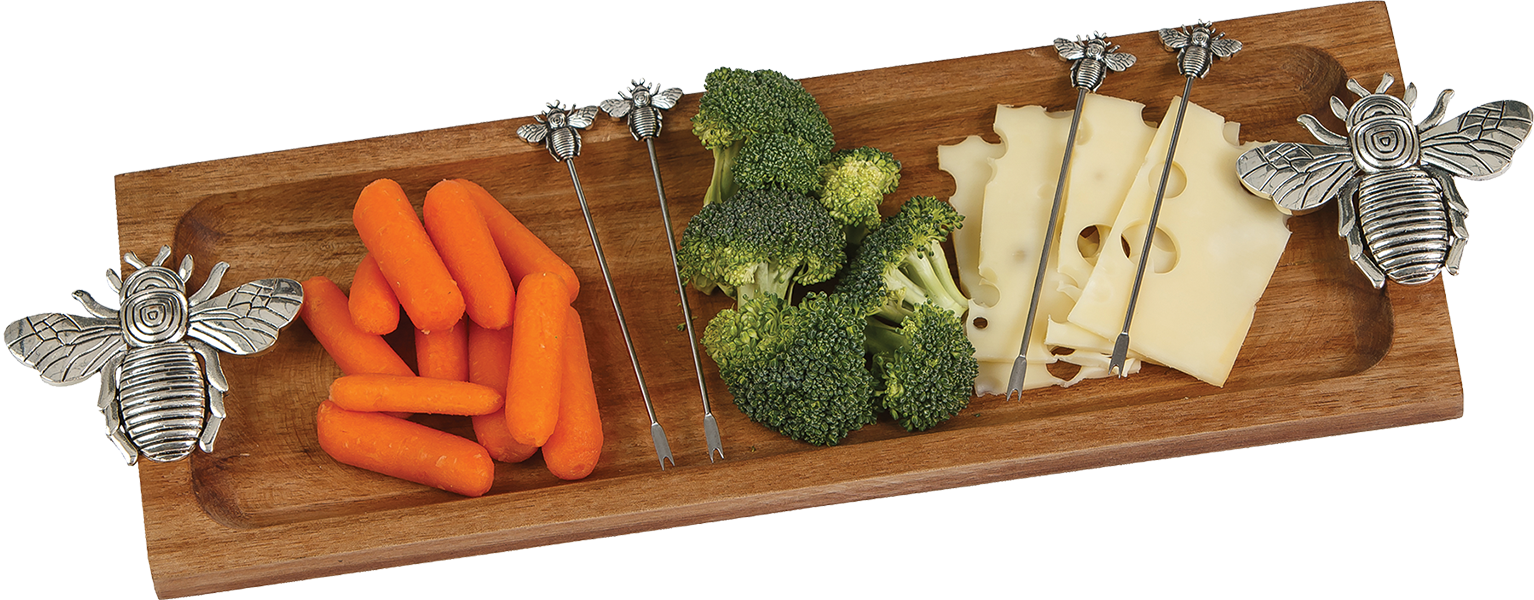Bamboo Shoots for Green Growth
Working with Sustainably Harvested Woods
When it comes to selling products made from sustainably harvested woods, New York City company Digs, is an old-timer. At least that’s the way co-owner Dave Glassman sees it; the eco-friendly wholesaler of home décor and fashion accessories has been around since 1991.
Well before “green” became mainstream, Glassman says his wife Rhea Alexander ran her business with a commitment to using “reclaimed, sustainably-harvested woods.” Glassman joined later, and is equally passionate about the artisans the company works with and the products they sell. An example of their products: whimsical animal bath hooks that retail for $45 for a three-piece set.
Digs works with a few different kinds of woods, all of which are certified by the Forest Stewardship Council. The council’s website describes the organization as a group of loggers, foresters, environmentalists and sociologists who came together in the early 1990s to “change the dialogue about and the practice of sustainable forestry worldwide.”
To better understand the kinds of sustainably harvested woods available and their certifications, GREENRetailer spoke with Karen Steer, a project manager with the Forest Stewardship Council.
What to know about sustainably harvested woods
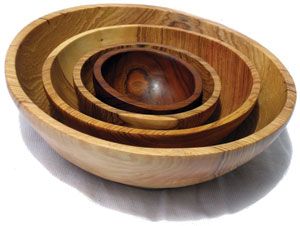 You have a choice of the type of wood products you choose to carry, and in so doing the type of forest management you choose to support. There are many kinds of sustainably harvested woods, from domestic pines, firs, oaks and maples, to tropical mahogany, and bamboo (a grass, not a wood). It’s not so much the product or the species, but the way in which the forest is managed that makes the product ‘sustainable’ or ‘responsibly managed.’ That said, some species grow faster and are more abundant than others, and some grow closer to home—all aspects of wood sourcing that you should consider when selecting products that meet your values.
You have a choice of the type of wood products you choose to carry, and in so doing the type of forest management you choose to support. There are many kinds of sustainably harvested woods, from domestic pines, firs, oaks and maples, to tropical mahogany, and bamboo (a grass, not a wood). It’s not so much the product or the species, but the way in which the forest is managed that makes the product ‘sustainable’ or ‘responsibly managed.’ That said, some species grow faster and are more abundant than others, and some grow closer to home—all aspects of wood sourcing that you should consider when selecting products that meet your values.
The standards and their significance
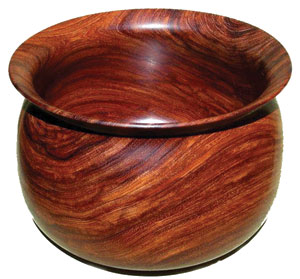 The Forest Stewardship Council sets standards for exemplary forestry that includes environmental, social and economic values. FSC standards encompass 10 principles and 56 criteria that include biodiversity and old growth protection, restrictions in chemical use, soil and water conservation, and protection of indigenous and community rights and resources. An FSC-certified forest signifies that the landowner has made a commitment to adhere to the robust set of FSC standards. Through FSC’s chain-of-custody (CoC) standard, wood can be tracked from the forest floor to the retail store, so that the consumer knows that a purchase is supporting the landowner’s commitment to responsible forestry. Every business along the FSC supply chain is required to be FSC CoC-certified, and is issued a CoC code. You can verify that the wholesaler is certified through this code.
The Forest Stewardship Council sets standards for exemplary forestry that includes environmental, social and economic values. FSC standards encompass 10 principles and 56 criteria that include biodiversity and old growth protection, restrictions in chemical use, soil and water conservation, and protection of indigenous and community rights and resources. An FSC-certified forest signifies that the landowner has made a commitment to adhere to the robust set of FSC standards. Through FSC’s chain-of-custody (CoC) standard, wood can be tracked from the forest floor to the retail store, so that the consumer knows that a purchase is supporting the landowner’s commitment to responsible forestry. Every business along the FSC supply chain is required to be FSC CoC-certified, and is issued a CoC code. You can verify that the wholesaler is certified through this code.
